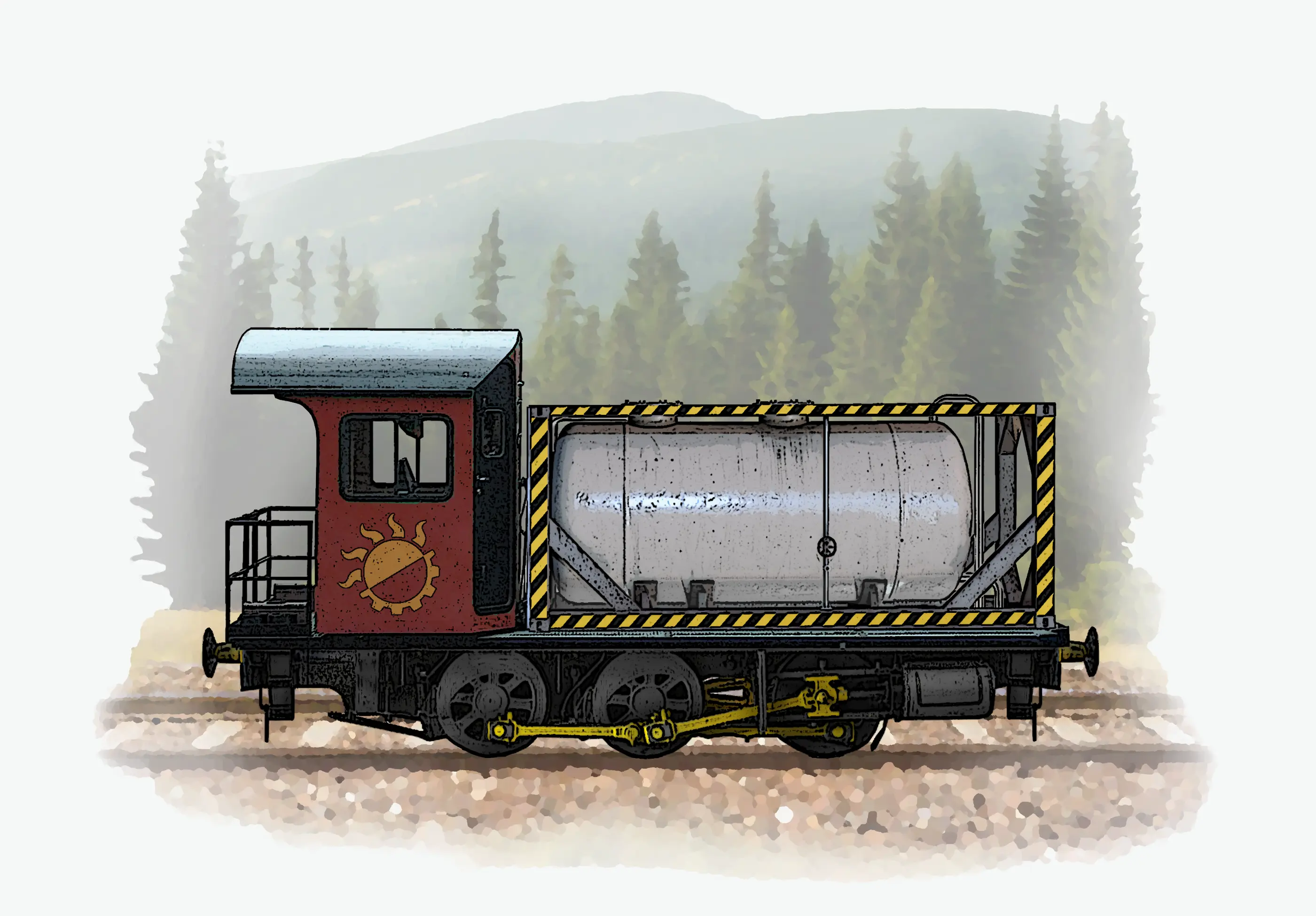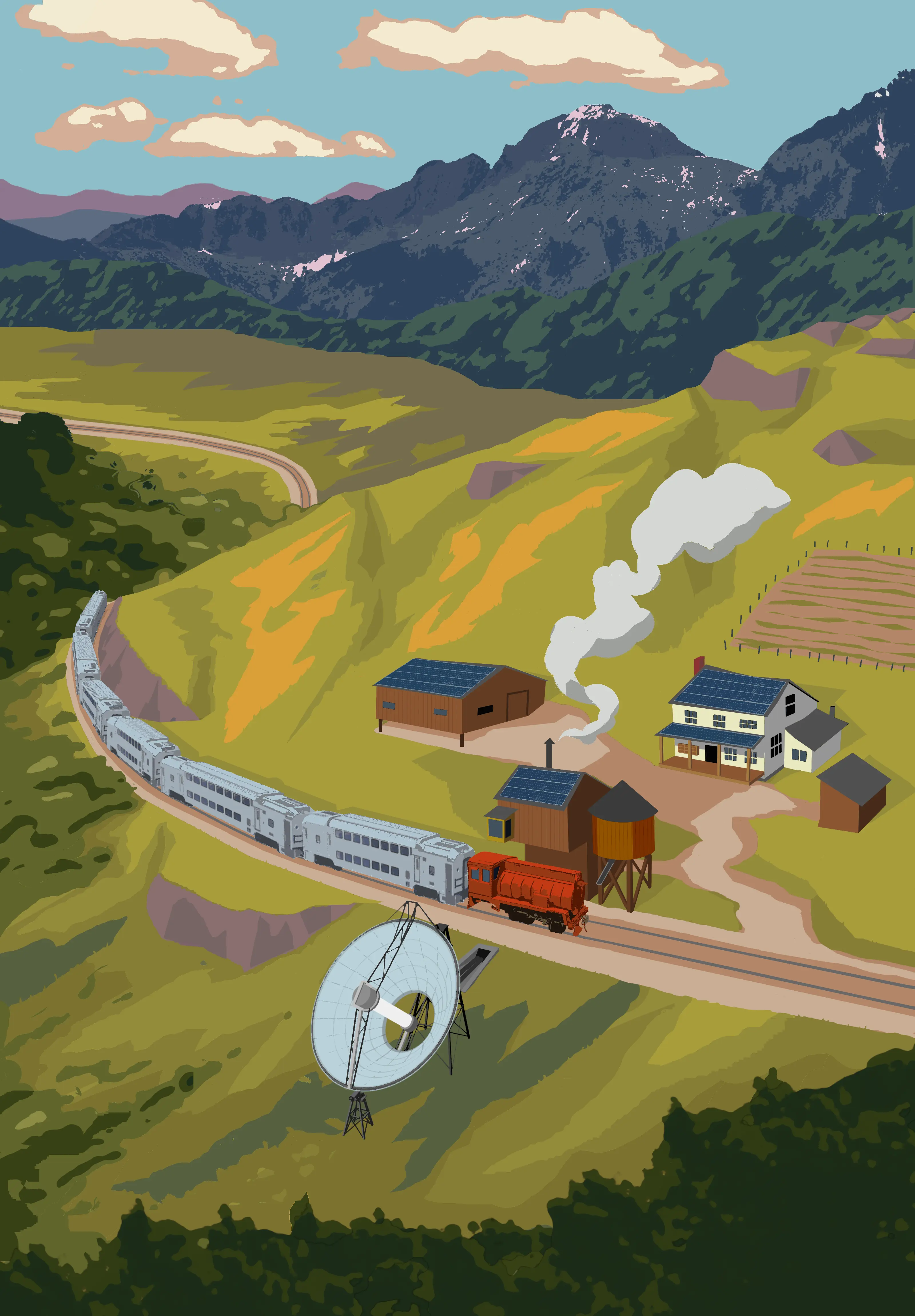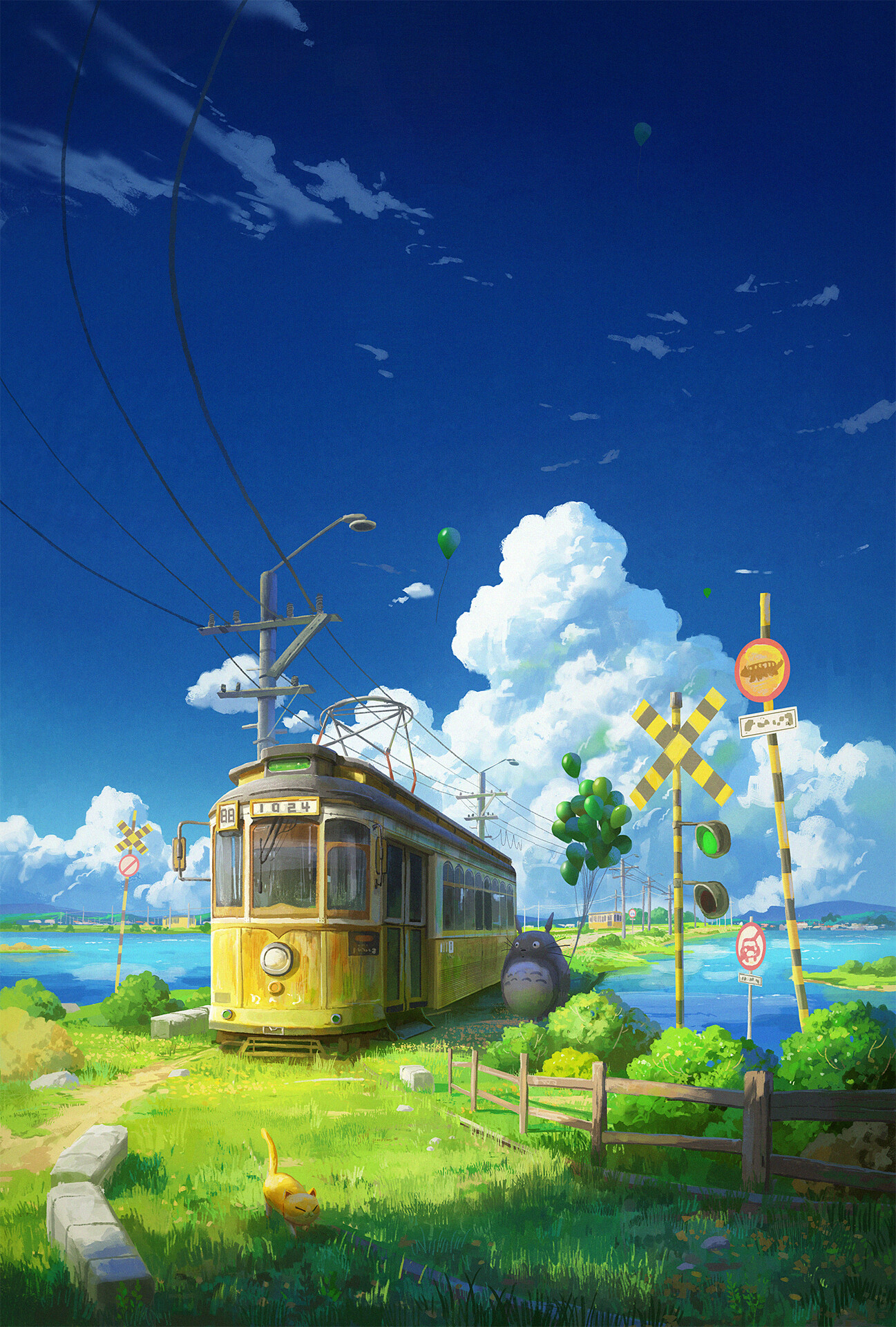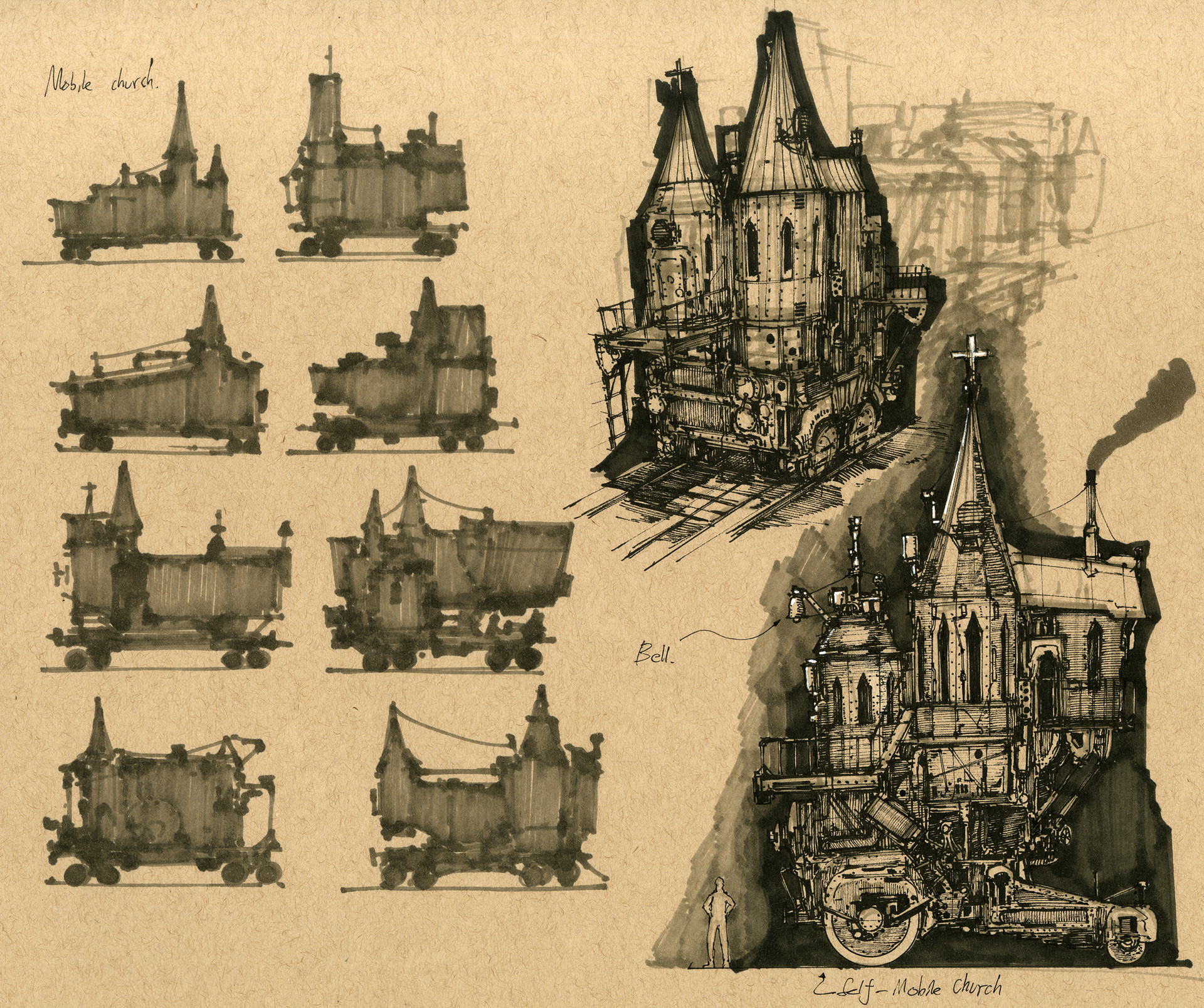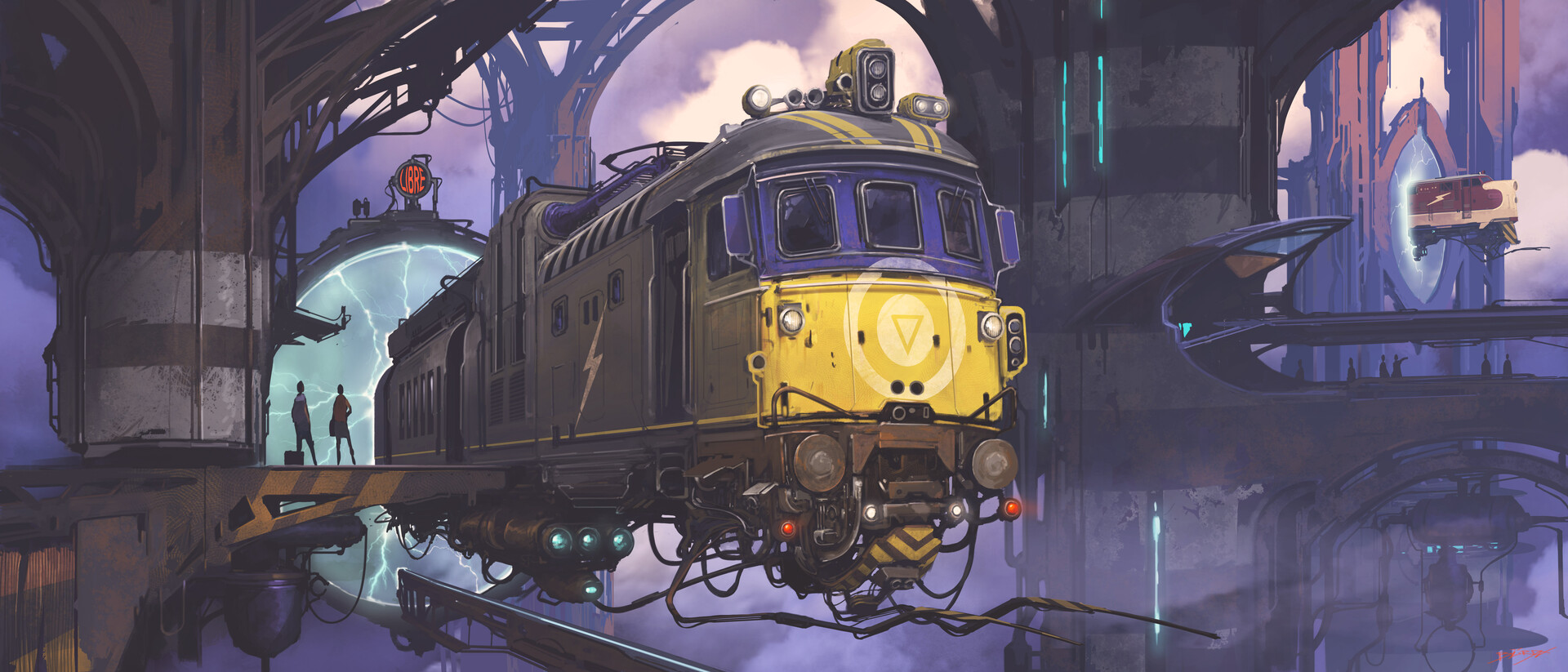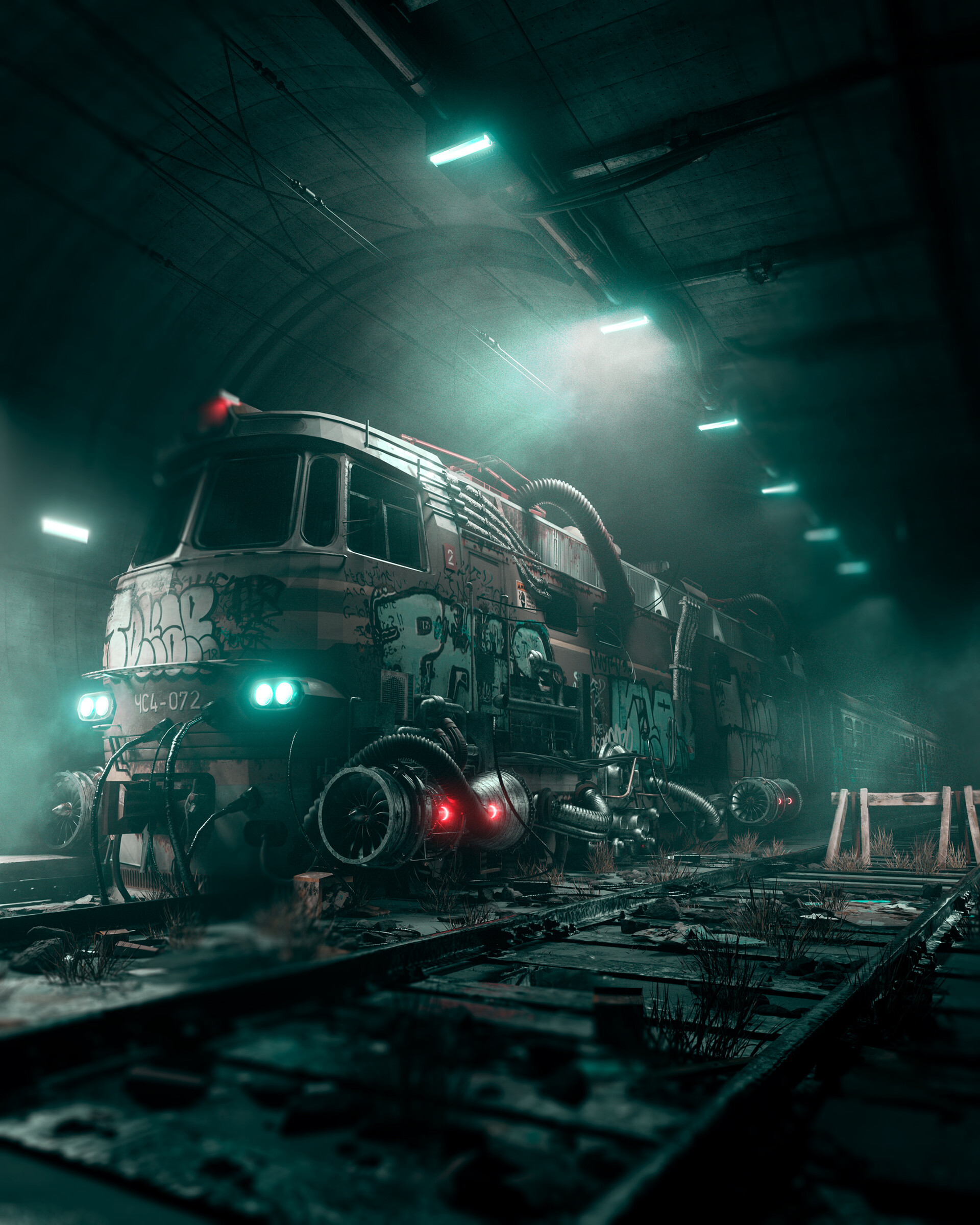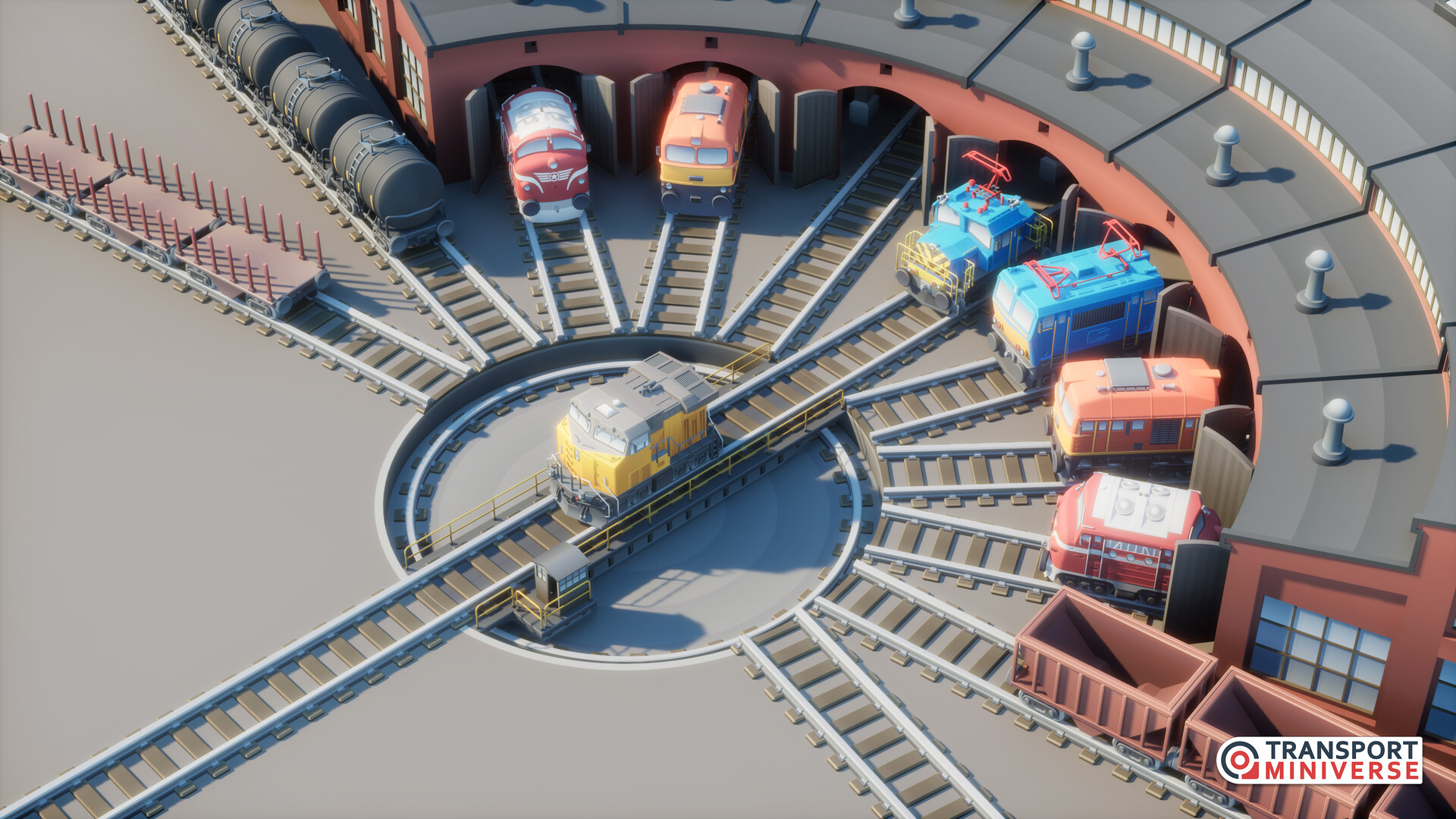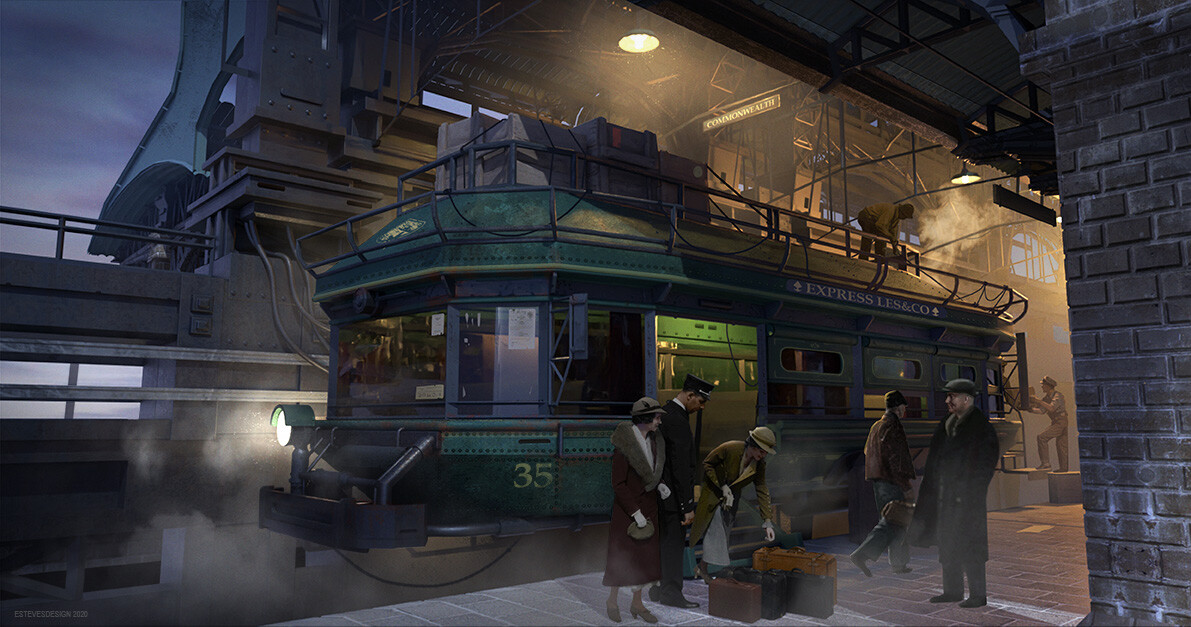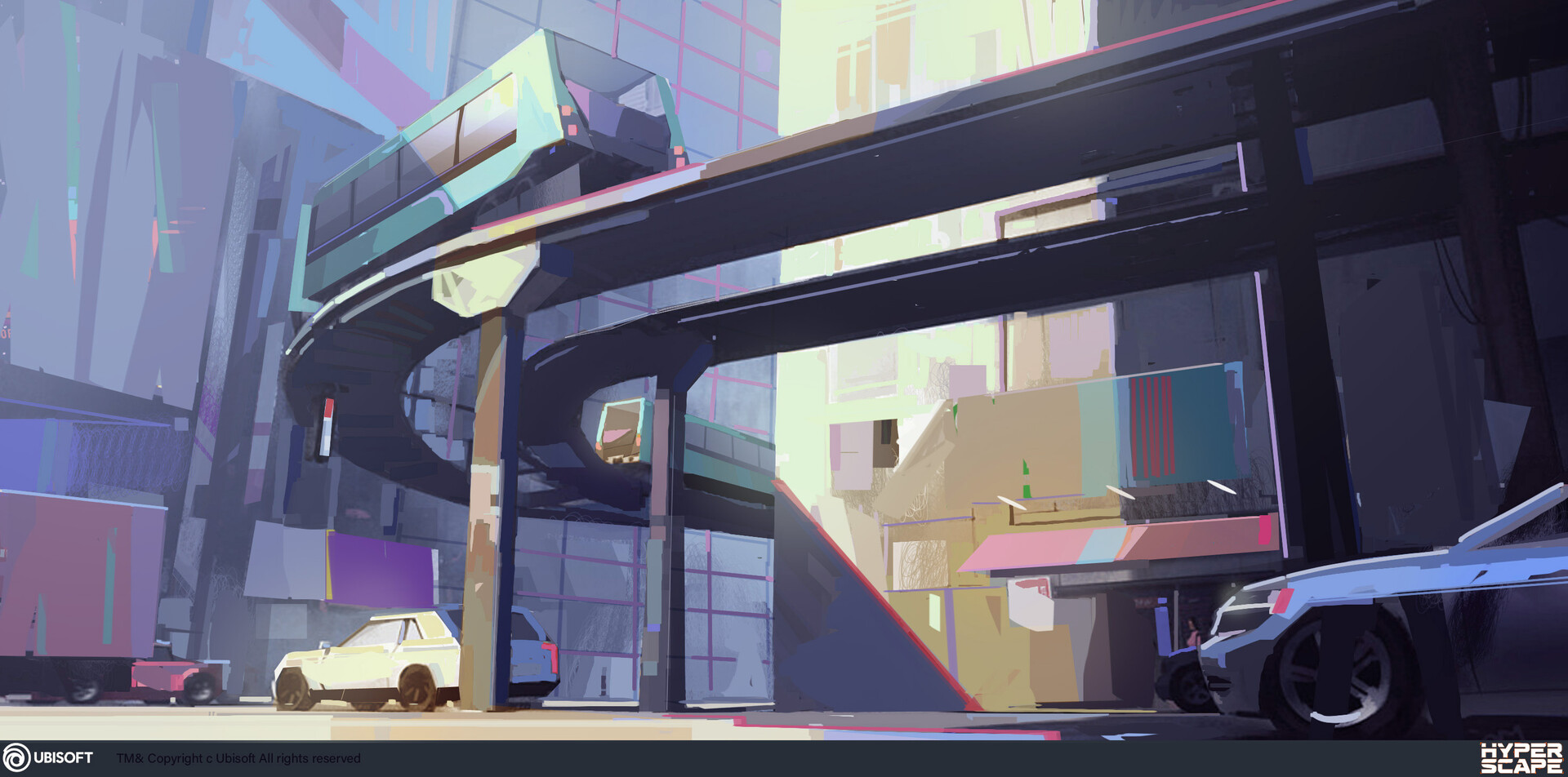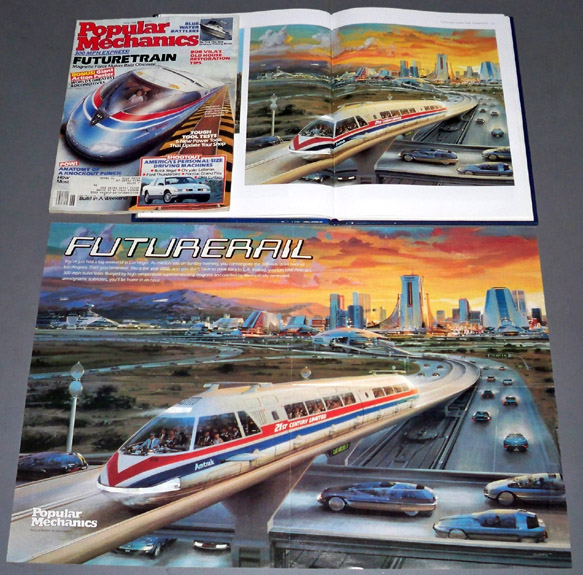Imaginary Trains
650 readers
1 users here now
Art of locomotives, railways, and trains from any time period
Guidelines
- Titles should be in the format
"[Title]" by [Artist]- If adding the artists social media handle after their name, use [square brackets]
- If adding a year after the title, use (parenthetical brackets)
- If posting your own art, preface the title with
[OC]
- Please include the original source in the post body
- This community is meant for showcasing artists' work - this excludes
- AI generated artwork
- Screenshots from films or games
- Submitting the link from the original source instead of downloading and rehosting is recommended
- This will ease server stress on smaller lemmy instances
- /!\ Many mobile apps don't generate previews unless the url ends with a common file extension /!\
- Therefore, if possible, please strip all parameters after
.png,.jpg, etc.
- Mark posts as NSFW when necessary (nudity/violence)
You may also like:
The Federated Network of Imaginary Communities
Welcome to the imaginary network, the best^[citation needed] place to share artwork
Full Network:

- Imaginary Cosmere


- Imaginary Dragons
- Imaginary Fairies
- Imaginary Kanto
- Imaginary Merfolk

- Imaginary Starships




- Imaginary Witches
Do you have a community that you think should be part of the imaginary network? Comment under the pinned post; or message me on matrix!
Lemmysphere icon by David L Quayle
Lemmysphere banner by Yoga Satyadana
founded 1 year ago
MODERATORS
1
2
3
4
5
6
7
8
9
10
11
12
13
14
15
16
17
18
19
20
21
22
23
24
25
view more: next ›
